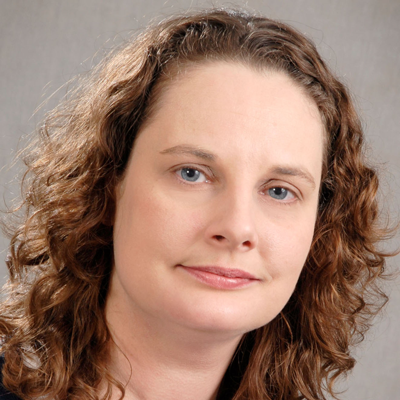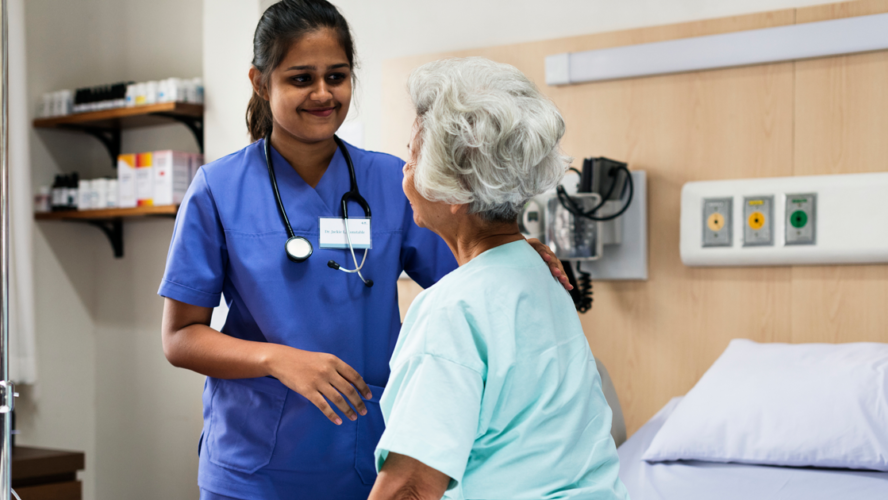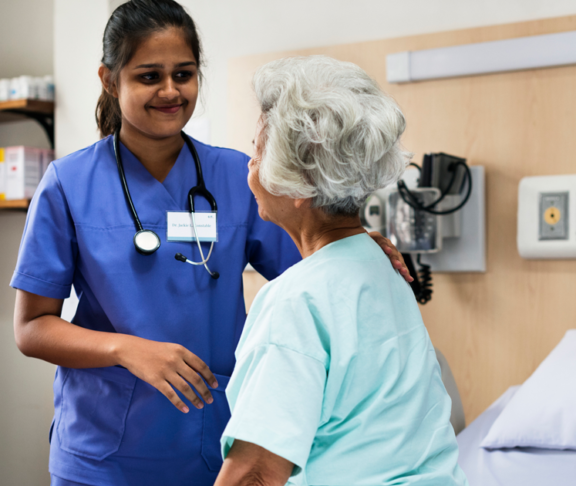
Dr Yvonne Wallis
Consultant Clinical Scientist, Birmingham
Women’s & Children’s NHS Foundation Trust

Dr Emily Shaw
Consultant Cellular Pathologist, University Hospital
Southampton NHS Foundation Trust
Next-generation sequencing (NGS) technology is being implemented across the country thanks to massive investments by the NHS is cancer care and rare diseases.
The roll out of a new hub and spoke model of genetics laboratories across England has gone hand in hand with significant investment in precision medicine, boosting the speed and accuracy of a comprehensive diagnosis, including genetics changes in the tumour needed to guide therapy following biopsy.
Treating patients faster
For Dr Yvonne Wallis, consultant clinical scientist at Birmingham Women’s and Children’s NHS Foundation Trust, this is a great step forward, particularly for lung cancer care. She says: “The sooner you get an accurate result, the better. We can help oncologists to start getting patients on to the right treatment as fast as possible.”
In the new NHS National Genomic Medicine Service, care is spearheaded by seven new genomic laboratory hubs (GLH). According to Dr Wallis, the advent of ever more targeted therapies for specific cancer types, as well as a growing emphasis on the need to identify multiple cancer ‘biomarkers’ simultaneously at the earliest possible stage, have driven demand for rapid, highly accurate and more sensitive analysis. It is very important that the scientists across the GLH network have access to the most up to date genomic technologies to enable the speedy delivery of these time sensitive services.
One by one, these technological developments are helping to resolve the challenges that we face.
Dr Emily Shaw
More accurate, faster diagnosis
“The initial strategy, followed also by other GLH labs, was to implement comprehensive NGS solutions that subsequently we realised were not considering tissue limitations that some tumours, like lung, are associated with. For these cancers, we developed a salvage pathway choosing among the NGS technologies the solution offering one-day NGS – a technology which can extract crucial diagnostic information more accurately, faster and with more sensitivity from a single small tissue biopsy.”
A key benefit for lung cancer patients and clinicians is to increase the number of patients accessing targeted treatment more quickly and from a smaller biopsy sample. The impact has been so positive that now one-day NGS has become first line testing for lung tumours.
Dr Emily Shaw from University Hospital Southampton NHS Foundation Trust says NGS is delivering unquestionable benefits for patients. She says: “One by one, these technological developments are helping to resolve the challenges that we face with getting maximum information out of small lung cancer samples.”



